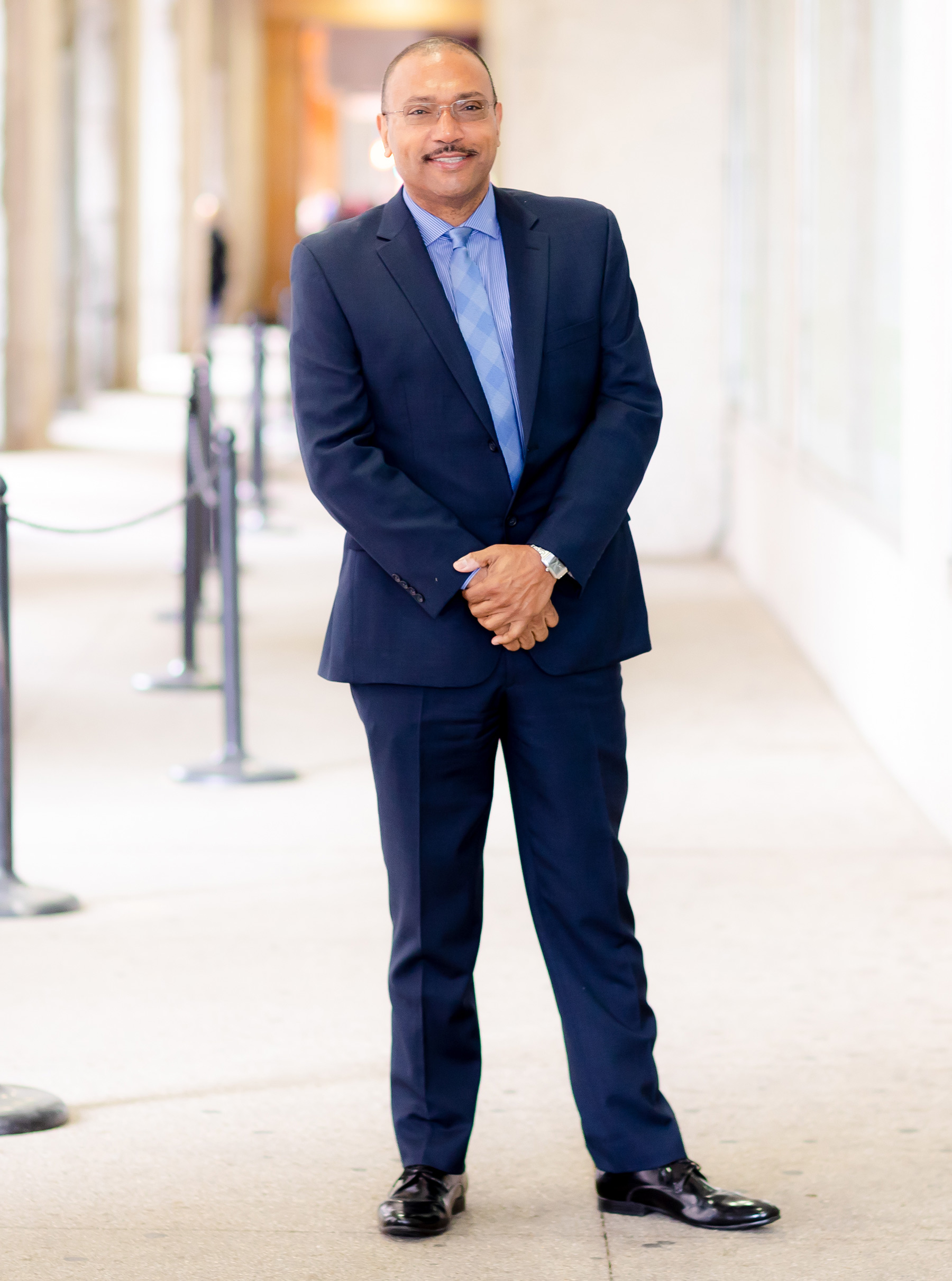1968 and the Democratic National Convention
Student essayby AARON WILIAM TYLER
(MA HISTORY, ’18)
My research chronicling the events of 1968, in particular the Democratic National Convention held in Chicago in August of that year, encompassed my own accounting of that period and enlightened me to a more fulfilling understanding that only the test of time could bring to bear.

I was an 11-year-old sixth grader on Jan. 1, 1968. I grew up in a middle-class family unit with hard-working parents who earned a reasonable income. As an only child, I saw the world through a different lens than some of my childhood friends. My Chicago neighborhood was nestled away from the turmoil that existed further west, so my exposure was more prevalent to me on the local newscasts than from first-hand knowledge.
I can vividly recall watching with my parents the nighttime broadcast of the Huntley/Brinkley Report (Chet Huntley and David Brinkley) which ended with an accounting of the number of KIAs (killed in action), wounded, and missing American servicemen, their South Vietnamese counterparts, North Vietnamese and Viet Cong guerilla fighters. As it turned out, one of the more historically tragic anomalies of 1968 was America’s bloodiest year in the Vietnam War. I fully remember where I was and what I was doing when a television show I was watching on ABC was preempted to announce Dr. Martin Luther King, Jr.’s assassination in Memphis on April 4, 1968. I also recall waking up on June 6, 1968 to the news that Sen. Robert F. Kennedy died from a gunshot wound he suffered the previous night in Los Angeles. I remember my parents somberly reflecting on what they believed to be the disintegration of America. At the time, I could not understand this sentiment. But in the years following this tumultuous period, I grew to understand their view after Kennedy’s murder. Now 50 years later, my view of the period has transcended my opinions of what happened, but more importantly, why these events occurred on the social landscape.
To be sure, researching this era in American history would be for naught if not for an extensive evaluation of archives. This endeavor first brought me to the Roosevelt University microfiche archives to review all relevant matters occurring in 1968. Second, I visited the Chicago History Museum and reviewed the microfiche archives of periodicals in the Chicago Daily News, Sun-Times, Tribune and the Defender, which contributed to much of my accumulated research. I spoke with retired police officers who recalled their experiences of 1968, the riots, mass demonstrations, and the political upheaval that developed from the Democratic Convention held at the International Amphitheatre on Chicago’s near Southwest Side. I am of the opinion that it was a fitting yet tragic conclusion to all the national turmoil centering on Chicago in August 1968 when the Democratic Party chose their nominee for the upcoming presidential election.
“ The lasting effects of the riots and convention reverberated in Chicago for years to come.”
– AARON WILIAM TYLER
MA History, ’18
The purpose of this essay is not to espouse on specific events of 1968 or their relative meaning, but to highlight in a brief yet tempered tone how Chicago became “ground zero” for all of America’s ills culminating in a national narrative precipitated by an unreasonable political approach to those same events. Endless protests surrounded the civil rights movement, America’s involvement in Vietnam was staunchly opposed, racial and economic inequality persisted, property faced mass destruction from riots, and Chicago mayor Richard J. Daley unleashed his police force to use “whatever means necessary” to quell this display. There was as much dissension in the Convention Center as there was in the streets.
The protests did accomplish one thing — they brought worldwide condemnation on how the police conducted themselves. It was not Chicago or Mayor Daley’s finest hour. In the end, the Democratic nominee, Vice President Hubert H. Humphrey lost the presidential election to Richard M. Nixon. The lasting effects of the riots and convention reverberated in Chicago for years to come.
The takeaway from my research was critical in coalescing around the full scope of what existed in the national consciousness during the period. Looking at the transformation this country went through in 1968 was also relevant for me because I could see these events through a lens not rooted in childhood remembrance but in adulthood maturity. I hope my research in addition to this essay highlights my thoughts and passions on Chicago in 1968 and will aid greatly to a panel discussion of scholars and students from this period.
More in this section
Four Roosevelt Students Receive Prestigious Inaugural Golin Fellowship
Supporting the legacy of alum and public relations leader Al Golin, the fellowship prepares Roosevelt students for successful PR careers with workshops, networking events and paid internships.
In Memoriam – Fall/Winter 2018
The Roosevelt University community extends its deepest sympathy to the loved ones of recently deceased alumni and friends.


